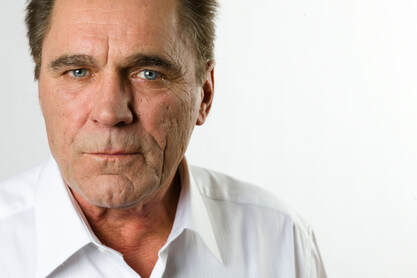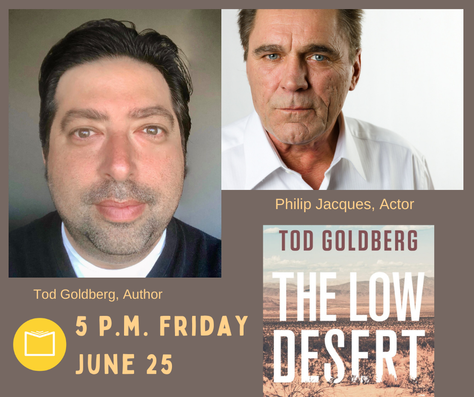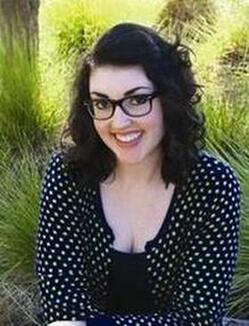Meet SOSS June 25 Actor: Philip Jacques In just a few days, live at 5 pm via Zoom, actor Philip Jacques will join SOSS to read an excerpt from Tod Goldberg’s new short story collection The Low Desert – Gangster Stories Casting director Jessica Laskey talked to Jacques about how he came to acting, how he prepares to take on a character and what to keep in mind when performing in front of a camera. Join us for this FREE performance. Jessica: You had quite an interesting life and career before becoming an actor. You were raised in the Air Force with a dad who was a career officer, you worked for aerospace manufacturer Pratt & Whitney making military jet engines and then you retired as a sales executive in the semiconductor industry. How did all of that prepare you to be an actor? Philip: Growing up, on average we’d move to a new base every three years. I recognized even as a kid that for people who are always in one geographical location, that’s the world—they think the whole world must be like this unless they move somewhere else and then there’s a new definition of the world. Moving so much made me more open-minded and more gregarious—I was always the new kid on the base. Jessica: So how did you find your way to acting? Philip: I had always wanted to be an actor—I actually did professional theater in high school but didn’t pursue it because other people I worked with had more talent in their little finger than I had in my whole body. So I stopped and got a “real” job instead. After I retired about 11 years ago, I saw an open audition for Placer Community Theater. I figured, I’ll try out and I won’t get picked but at least I’ll let them know I’m here. Then I got the lead role. That began a love affair with acting that’s been very rewarding. (Jacques has received a Best Actor nomination from the Sacramento Area Regional Theatre Alliance (SARTA) for his comedic role in “Rumors” as Lenny Gantz and a SARTA Outstanding Achievement Award for his dramatic turn as Big Daddy in “Cat on a Hot Tin Roof.”) Jessica: You’ve done work on stage as well as in film and TV. No matter the medium, how do you prepare to embody a character? Philip: I start by researching the character—it’s an intellectual pursuit. I want to know the skin the character lives in. I close my eyes and allow the character to overtake me, which sounds very highfalutin but sometimes it works. In one play, I played a psychopathic murderer and this character was so deviant, I could feel his evil—I thought, I don’t want this in me. I didn’t like that role. At some points you might not like Morris Drew (the protagonist of "The Salt"), but the way the author shows him slowly disintegrating in front of our eyes makes it quite poignant. There’s a lot of poetry in the prose. In this case, the character is a cop, so I’ve been watching some pretty good dramatic things by cops and I’ve known cops in my life. The thing about a career cop is you go to work and you’re seeing the worst that humanity has to offer and you somehow have to shake that off when you come home. Most can’t. They see that life is not a bed of roses, which gives them a different take on life than you and I might have. At some points you might not like Morris Drew (the protagonist of "The Salt"), but the way the author shows him slowly disintegrating in front of our eyes makes it quite poignant. There’s a lot of poetry in the prose. Jessica: How do you embody a character on Zoom with such a limited performance space? Philip: At first, Zoom is disorientating because you’re not used to the environment. But after a while, I realized that facial expressions become way more important because you’ve only got your face and your words to tell a story—I’m not bouncing around a stage. All I’ve got are my shoulders, eyes and mouth. I try not to think of the audience—it’s an audience of one, the camera. In my TV work (running the Auburn Community Television station), I tell my talent to pretend this is an audience that loves you. And the best direction: have a good time.
0 Comments
|
|
Who We AreLiterature. Live!
Stories on Stage Sacramento is an award-winning, nonprofit literary performance series featuring stories by local, national and international authors performed aloud by professional actors. Designated as Best of the City 2019 by Sactown Magazine and Best Virtual Music or Entertainment Experience of 2021 by Sacramento Magazine. |
|



 RSS Feed
RSS Feed
